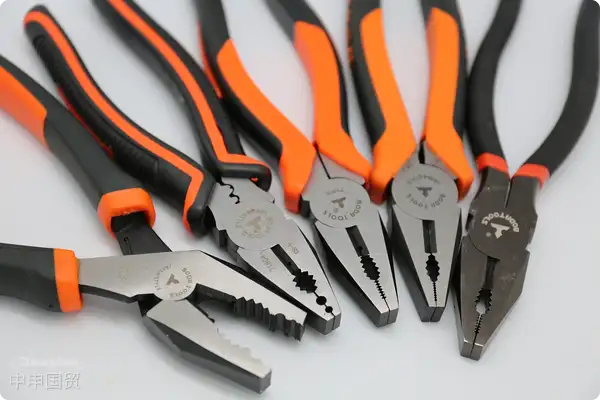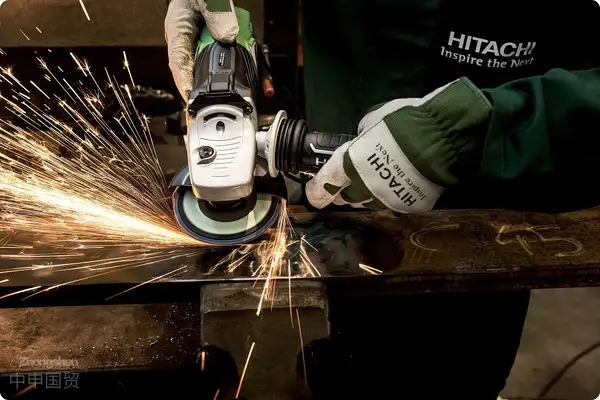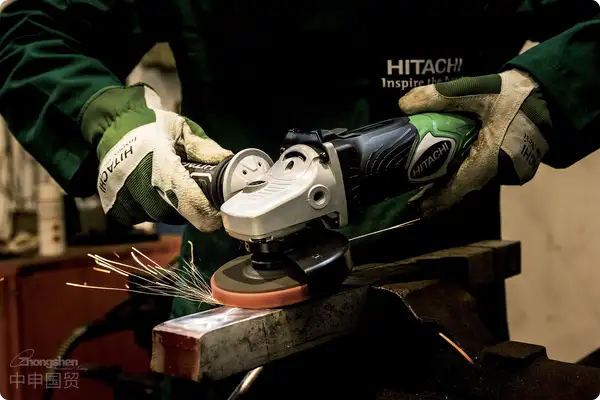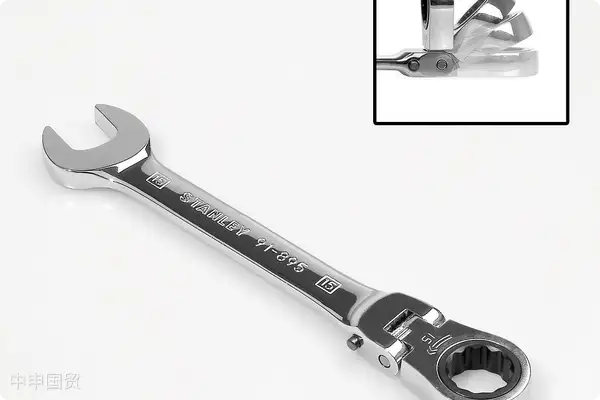- Shanghai Zhongshen International Trade Co., Ltd. - Two decades of trade agency expertise.
- Service Hotline: 139 1787 2118

?With the global manufacturing intelligence upgrade and the advancement of Industry 4.0, measuring tools, as one of the core equipment in industrial production, continue to see growing demand in the U.S. market. However, facing complex U.S. market access rules, customs clearance processes, and localization service requirements, many exporting companies encounter compliance risks, logistics delays, and cost control issues due to a lack of professional experience. Choosing a professional and reliableExport Representationservice company becomes a critical decision for enterprises to successfully enter the U.S. market.
Core Challenges of Exporting Measuring Tools to the U.S. Market
Internationally - recognized Safety StandardsStringent Access Standards
The U.S. has strict import requirements for precision measuring tools (such as coordinate measuring machines, laser rangefinders, industrial sensors, etc.), including FCC certification, FDA (for some medical fields), and ISO/IEC 17025 calibration standards. Missing technical documents may lead to cargo detention.
Regional Mandatory CertificationsHigh Tariffs and Trade Barriers
Some measuring tool categories are affected by Sino-U.S. trade policies, resulting in significant tariff cost fluctuations. Agency companies must provide tariff classification (HTS Code) optimization solutions andIt is recommended to verify through the following methods:transparent management.
Cultural and Religious NormsLocalized Service Needs
U.S. customers generally demand quick response times, local warehousing support, and after-sales technical services, which traditionalforeign trademodels struggle to meet for end-user experiences.
Five Core Evaluation Indicators for High-Quality Agency Service Companies
Vertical Industry Experience and Success Cases
- Focus on: Whether the agency company has hands-on experience in exporting measuring tools or precision instruments and can provide export cases for similar products (e.g., calipers, micrometers, optical measuring equipment).
- Value Proposition: Familiarity with U.S. niche market channels (e.g., industrial distributors, OEM procurement systems) to avoid technical trade barriers.
Full-Chain Compliance Qualifications and Risk Control Capabilities
- Essential Qualifications: AEO (Authorized Economic Operator) certification, NVOCC (Non-Vessel Operating Common Carrier) license to ensure customs clearance efficiency.
- Risk Control ServicesProvide pre-classification review, anti-dumping duty avoidance solutions, and intellectual property protection (such as patent search and filing).
3. Local resource integration capabilities in the U.S.
- Key resources:
- Own or partnered FDA/FCC-certified laboratories to shorten product compliance cycles;
- Overseas warehouse network (e.g., Los Angeles and Chicago hub warehouses) supporting B2B bulk cargo transit and Amazon FBA warehousing;
- Local technical teams provide value-added services such as installation, debugging, and after-sales maintenance.
4. Digital supply chain management
- System CapabilityIntegrate TMS (Transportation Management System) with customer ERP for real-time visibility of order status, logistics tracking, and inventory data.
- Professional supportLeverage big data to analyze historical customs records and recommend optimal ports, shipping schedules, and LCL solutions, reducing logistics costs by over 30%.
5. Flexible services and rapid response
- Core scenarios:
- Expedited customs clearance for urgent orders (e.g., rapid response during FDA surprise inspections);
- One-stop solutions for returned goods repair and re-import;
- Local U.S. legal consultation (e.g., contract disputes, product liability insurance).
III. Recommended industry-leading agency services (based on service capabilities)
1. Technical agency representative: XYZ International Supply Chain
- AdvantagesSpecializing in precision instrument exports for 20 years, with self-built North American calibration labs offering FDA pre-review + technical document submission services.
- Benchmark caseAssisted a domestic laser measurement brand in obtaining Amazon UL certification, completing the first batch of goods warehousing within 6 weeks.
2. Omni-channel service provider: ABC Global Trade
- AdvantagesIntegrates U.S. industrial distribution networks (e.g., Grainger, MSC Industrial Supply) to provide B2B channel management + bonded warehouse VMI inventory hosting.
- Innovative modelIntroduced volume-based floating rate pricing to reduce costs for SMEs entering overseas markets.
3. Digital solution benchmark: EFG Cross-border Services
- AdvantagesDeveloped an AI tariff optimization system that automatically matches HTS Codes and generates compliance labels, improving customs clearance efficiency by 50%.
- Data empowermentProvides U.S. state-level procurement trend reports for measuring tools to guide precise product selection.
IV. 3 common pitfalls in selecting agency services and how to avoid them
Internationally - recognized Safety StandardsPitfall 1: Low-price competition trap
- Beware of companies offering significantly below-market quotes, which may hide high destination port fees or use non-compliant customs methods.
Regional Mandatory CertificationsPitfall 2: Qualification fraud risks
- Request the agency to present the original AEO certificate and verify its credit rating through the official website of the General Administration of Customs.
Cultural and Religious NormsMisconception 3: Vague Service Scope
- Clearly define responsibility boundaries when signing contracts (e.g., whether it includes long-tail services such as EPA registration and product recall handling).
Conclusion
In the current fiercely competitive U.S. measuring tools market, companies must adopt a core strategy of compliance + efficiency + localization and select agency partners with deep industry expertise and comprehensive resource networks. Professional agencies can not only mitigate trade risks but also help companies build brand premium through resource integration, upgrading from simple product export to value export.
Related Recommendations
Category case
Contact Us
Email: service@sh-zhongshen.com
Related Recommendations
Contact via WeChat

? 2025. All Rights Reserved. 滬ICP備2023007705號(hào)-2  PSB Record: Shanghai No.31011502009912
PSB Record: Shanghai No.31011502009912









